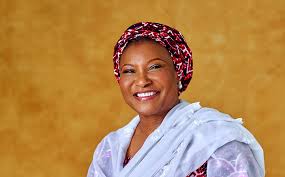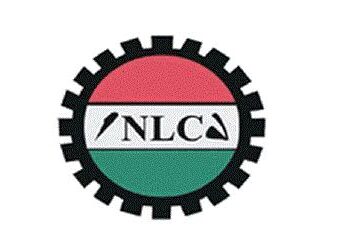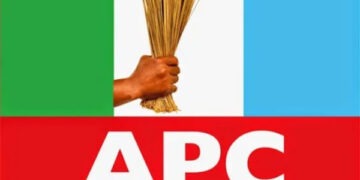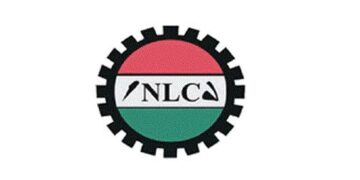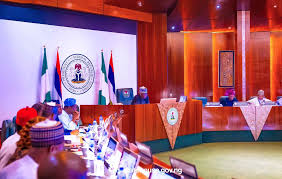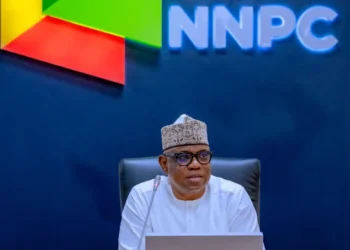Nigeria’s decision to scrap fuel subsidies and unify its foreign exchange market in 2023 set off a chain reaction that led to record inflation of 34.19 percent in June 2024. The country’s currency has become one of the weakest in the world, falling to NGN1,609 in 2023 from N769.51/$1 in July 2023 to N1609.29/$1 on July 26, 2024
These economic shocks have hit the smartphone market particularly hard, threatening the country’s digital inclusion efforts. The Alliance for Affordable Internet (A4AI) notes that smartphones play a key role in providing people with meaningful connectivity and are essential to the development of the digital economy.
Smartphone penetration has driven internet consumption in Nigeria to record levels. Data consumption grew from 125,149.86 terabytes (TB) in December 2019 to 753,388.
77 TB in March 2024.
“Smartphones have become the computer for many Nigerians today,” says Adia Sowho, former chief marketing officer of MTN Nigeria.
According to the World Bank, less than 20 percent of households in Nigeria owned a computer in 2023. Ifeanyi Akubue, president of the Phone and Allied Product Dealers Association of Nigeria (PAPDAN), lamented “We import our phones, and higher dollar prices mean higher prices,”
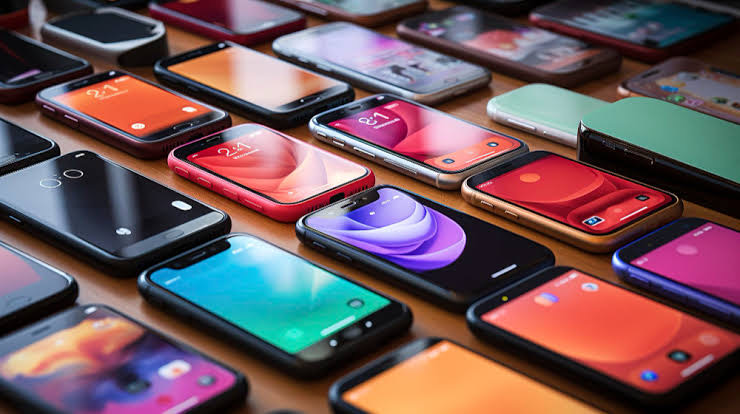
According to the International Trade Centre (ITC), since 2019, Nigerians have spent $3.82 billion on importing mobile phones, including smartphones. As a result, Nigerians are holding on to their old devices for longer than before, and when they do buy new ones, they are often opting for lower-cost brands or refurbished models.
“I wanted to change my Oppo phone to an iPhone 13 pro, but when I saw the price, I changed my mind. I am still using my old phone,” said Ibrahim Taiwo, a trader from Abuja.
John Adekunle had planned to upgrade his phone but changed his mind when he saw the price list, “I wanted to buy the iPhone12 but could only afford the X. The prices were unreasonable. So, I am still using my old phone”.
“The price was outrageous, that’s why I still use my old phone,” said Ebose Faith, a hairdresser from Benin City.
Moyin Ogunleye, from Ibadan, Oyo State, sold his iPhone11 Pro hoping to get a high-end model, but could only afford the XR.
Ladi Omotayo, an engineer from Lagos, found the Oppo she wanted to buy cost 270,000 naira, way beyond his budget.
On X tweeted @Rufyb: “I mostly act like it’s normal, but deep down, I know it’s completely abnormal. I went to a phone store last weekend, and I was literally shaking my head. All the high devices I saw had prices ranging from N1 million to N2 million.”
Nairaland founder Seun Osewa currently uses a mid-range Android smartphone. “I used to buy the latest Apple phones,” he tweeted.
Inflation (15.6 percent in January 2022) eroded consumer purchasing power between 2022 and 2024. According to the National Bureau of Statistics, inflation will cost 7.61 trillion naira in private consumption in 2023. Smartphone prices increased by up to 86% between 2022 and 2023.
For example, the price of a mid-range Samsung Galaxy A52 rose from 166,000 naira in 2022 to over 300,000 naira in 2023. The price of an entry-level phone such as the Samsung A 13s has risen from less than 300,000 naira in 2024 to 150,000 naira in early 2020.
Gideon Ajayi, who owns a mobile phone store, said, “Phone prices are now 30 percent higher from last year, and most people can’t afford them.”
“Phones that were N180,000 to N250,000 in 2023 are now selling for N310,000”, stated a staff member at SLOT Solutions branch on Lagos.
Phone sellers are feeling the pinch. Confidence Sorochi, a phone vendor at the Computer Village, said sales have fallen by up to 30 percent.
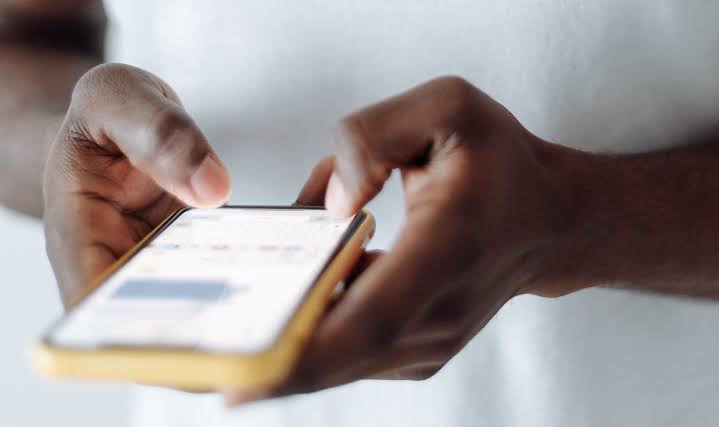
Karl Toriola, CEO of MTN Nigeria, the country’s largest telecommunications company by market share, noted in early 2024 that high prices are hindering digital adoption. The GSMA, the International Telecommunications Association, revealed that 68 percent of rural and 42 percent of urban Nigerians did not own a smartphone as of 2022.
Of the 219.01 million GSM connections in the country as of March 2024, 56.97 percent are designed for 2G.
Chairman of the National Association of Telecommunications Subscribers (NATCOMS), Adeolu Ogunbanjo, explained that smartphones are crucial for digital and financial inclusion. “People need to get access,” he said. “What is happening now (high cost of things) isn’t peculiar to ICT. But mobile phones are a need. You need them to enhance whatever you are doing,” Akubue of PAPDAN noted. “People want to buy Samsung, expecting it to be N150,000, but discover the phone is about N350,000. Most of these people end up frustrated and buy phones of lower value.”
The crisis has boosted demand for entry-level mobile phones, especially Chinese brands such as Transsion and Xiaomi.
Manish Pravinkumar, Senior Advisor, Middle East and Africa (MEA), Canalys, said, “The rising cost of living, driven by record-high inflation, has weakened the purchasing power of many Nigerians, increasing demand for entry-level phones.”
Arnold Ponela, Senior Research Analyst at International Data Corporation (IDC), highlighted that Nigeria recorded an increase in smartphone demand in the first quarter of 2024 (Q1), namely due to entry-level brands Transsion and Xiaomi.
PAPDAN’s Akubue also told BusinessDay that companies were now offering an easy buy option that allowed customers to pay for the device over several months, though he noted that this option came with risks.
“There are still issues because of declining income and people not being able to pay,” he said.
More people are buying refurbished or used versions of their dream phones. According to IDC, the used smartphone market grew by 9.5% in 2023.
In 2021, Counterpoint Technology Market Research revealed that Nigeria has a sizeable used smartphone market, with the number of Nigerians buying used iPhones and Samsungs growing by 10%. The outlook for smartphone affordability remains bleak.
Pravinkumar of Canalys said, “In the second half of 2024, rising component costs and local currency depreciation will likely lead to higher retail prices.” According to Ogunbanjo, this will require regulatory intervention. Stakeholders might lead a campaign to the NCC to do something about this. It is very important for people to get digitally included first,” he said.




